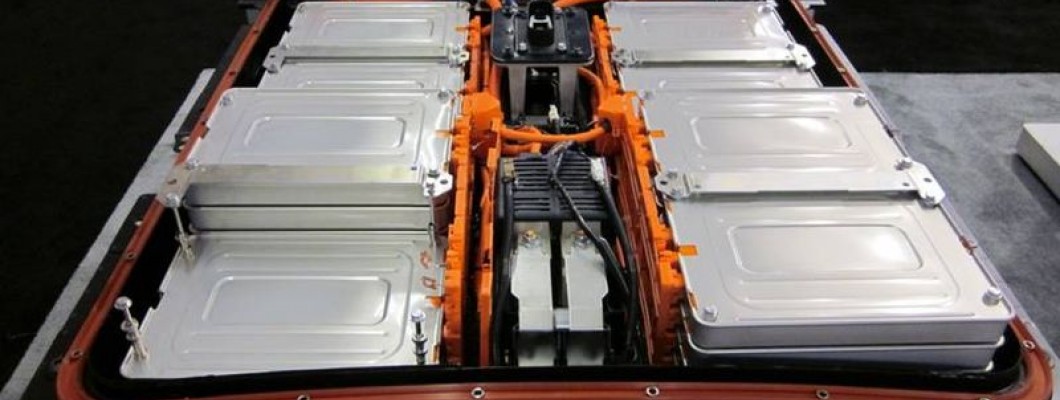Can Chip Tuning Be Done on Electric Vehicles?

Can Chip Tuning Be Done on Electric Vehicles?
Chip tuning for electric vehicles is quite different and
generally more limited compared to internal combustion engine vehicles. In
electric vehicles, the power and performance of the motor are largely managed
by software and electronic control units (ECUs). However, due to the structural
and functional differences of electric vehicles, chip tuning presents some
challenges and limitations for these types of vehicles:
1. Software and Hardware Limitations
- Modifications to
enhance the performance of electric vehicles are generally limited to software
updates. The motor and battery management systems are tightly controlled, and
changes to these systems can be much more restricted within the manufacturer's
software and hardware.
2. Safety and Warranty
- Modifying the
software of electric vehicles can affect the vehicle's safety systems and
battery life. Such changes can often void the manufacturer's warranty and may
lead to unexpected issues with the vehicle.
3. Legal Regulations
- In many regions,
changes to the software of electric vehicles may be legally restricted. These
regulations are put in place to maintain environmental norms and safety
standards.
4. Alternative Methods
- For users looking
to enhance the performance of electric vehicles, there are some alternative
methods:
- Software
Updates: Official software updates provided by the manufacturer are often the
safest and most effective way to enhance performance and efficiency.
- Hardware
Modifications: In some cases, hardware modifications to the battery or motor
control unit can improve performance. However, these changes require expertise
and are usually costly.
Chip tuning for electric vehicles is more complex and
limited compared to internal combustion engine vehicles. Performance
improvements for these vehicles are generally achieved through software updates
or hardware modifications. However, the safety, warranty, and legal regulations
of the vehicle should be carefully considered during these processes.
What Can Be Done with Chip Tuning on Electric Vehicles?
While chip tuning for electric vehicles is more limited
compared to traditional internal combustion engine vehicles, specific
optimizations can be performed. Here are the processes that can be accomplished
with chip tuning on electric vehicles:
1. Power Management and Performance Enhancement
- Adjusting Power
Limits: The software in the motor control unit can be adjusted to increase the
maximum power output of the electric motor. This can improve the vehicle's
acceleration performance.
- Torque
Management: Torque management in electric vehicles can be optimized for faster
response and stronger acceleration.
2. Regenerative Braking Adjustments
- Increasing
Braking Power: The efficiency of the regenerative braking system can be
enhanced to recover more energy during braking.
- User Preferences:
Regenerative braking levels can be adjusted according to the driver’s
preference for braking feel.
3. Battery Management and Efficiency
- Optimizing
Charging Speed: Charging processes can be optimized for faster and more
efficient charging. However, this must be done carefully as it can impact
battery life.
- Battery Cooling
and Heating Systems: Battery temperature management systems can be optimized to
improve battery performance and lifespan.
4. Driving Modes and User Experience
- New Driving
Modes: New driving modes focused on performance, economy, or comfort can be
added.
- Adjusting Speed
Limits: Maximum speed limits can be reprogrammed to enhance or restrict vehicle
performance in certain usage scenarios.
5. Interface and Information Systems
- Enhanced Display
and Information: In-car infotainment systems and displays can be optimized to
provide more and detailed information to the driver.
6. Efficiency Optimization
- Energy
Management: Energy consumption can be optimized to increase range and make the
vehicle more efficient.
- Aerodynamics and
Tire Rolling Resistance: Software-based fine-tuning of aerodynamic features and
tire rolling resistance can be performed.
7. Speed Limit Increase
- Factory Speed
Limit Removal: Some electric vehicles have a factory-installed speed limit.
Chip tuning can remove this speed limit.
Important Considerations
- Warranty and
Safety: Changes to the software of electric vehicles can often void the
manufacturer's warranty and affect the vehicle’s safety.
- Legal
Regulations: In many countries, modifications to vehicle software are subject
to legal regulations. Therefore, it is important to ensure that the
modifications are legally compliant.
- Expertise
Required: The complex electronic and software systems in electric vehicles
require that such modifications be performed by experts.
When performing chip tuning on electric vehicles, it is
important to carefully consider and evaluate the impact of changes on vehicle
performance, safety, and durability.

2 Comment(s)
Elektrikli araçlara chip Tuning yapılırsa herşey daha da güzel olur
Chiptuning muhakkak elektrikli araçlarda da yapılacaktır ama bence riski daha fazla
Leave a Comment